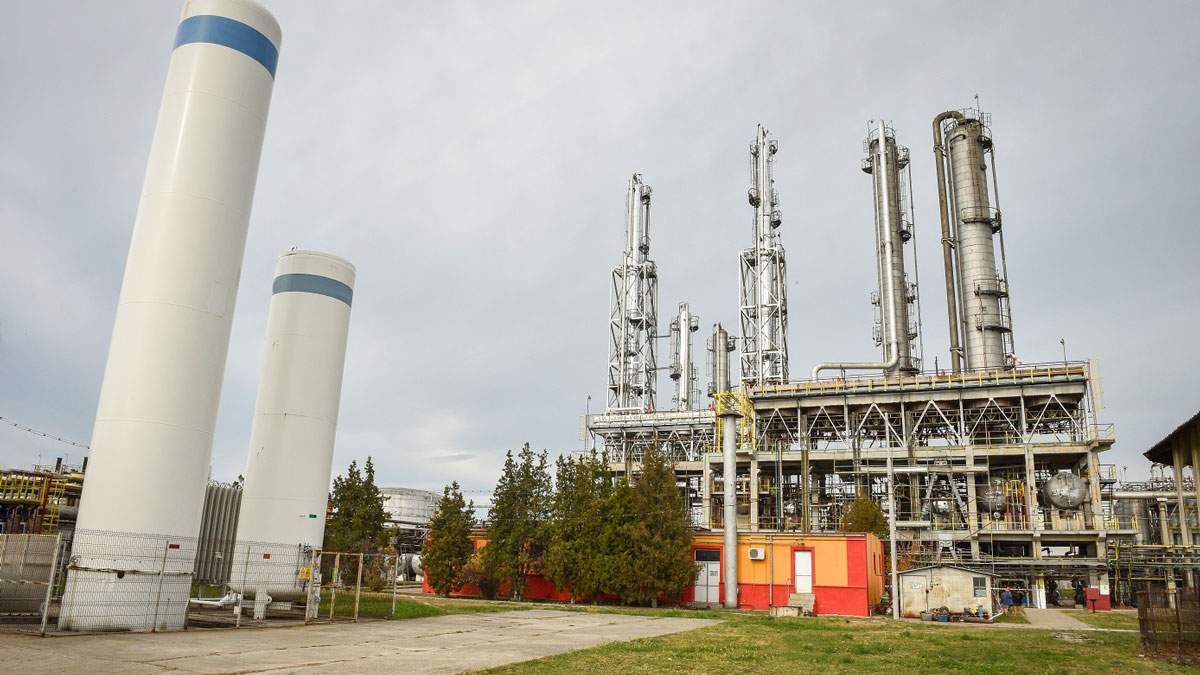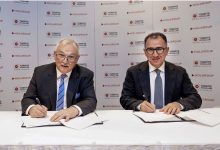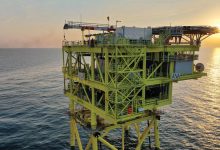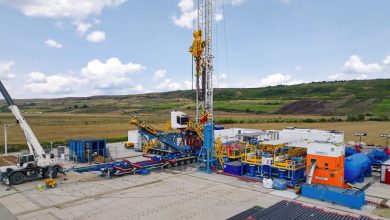Vega Refinery, the only Romanian Producer of Bitumens, Celebrates 115 Years of Performance
Vega Refinery Ploiesti is the only Romanian producer of bitumens, and polymer-modified bitumen is distinguished by high wear resistance and increased elasticity, which helps a 50% longer life compared to other bitumens. Currently, Vega Ploiesti supplies approximately 17% of the required bitumen at national level.
The Vega Ploiesti refinery, operated by Rompetrol Rafinare, celebrates 115 years of activity in the petroleum products processing industry. With a rich history and full of events that marked its development, the unit in Ploiesti today represents an important landmark in the Romanian energy sector.
“Vega refinery is a special unit, which has always had the ability to adapt to market requirements and to distinguish itself from other refineries in the country. Through a very well-developed flow, Vega Ploiesti grows every year, and Rompetrol Rafinare makes great efforts to develop this production unit, so important for many fields of activity in the country. For example, the bitumen produced at Vega is a strong business card and we are convinced that we will be able to increase the yields for this very valuable product,” said Felix Crudu Tesloveanu, General Manager of Rompetrol Rafinare.
In 2019, the Prahova refinery managed to record operational records for the production of bitumen (120,000 tons), respectively the production of hexane (92,000). A high level of production was maintained in the first 9 months of 2020, with a total of 265,000 tons of processed raw materials and semi-finished products.
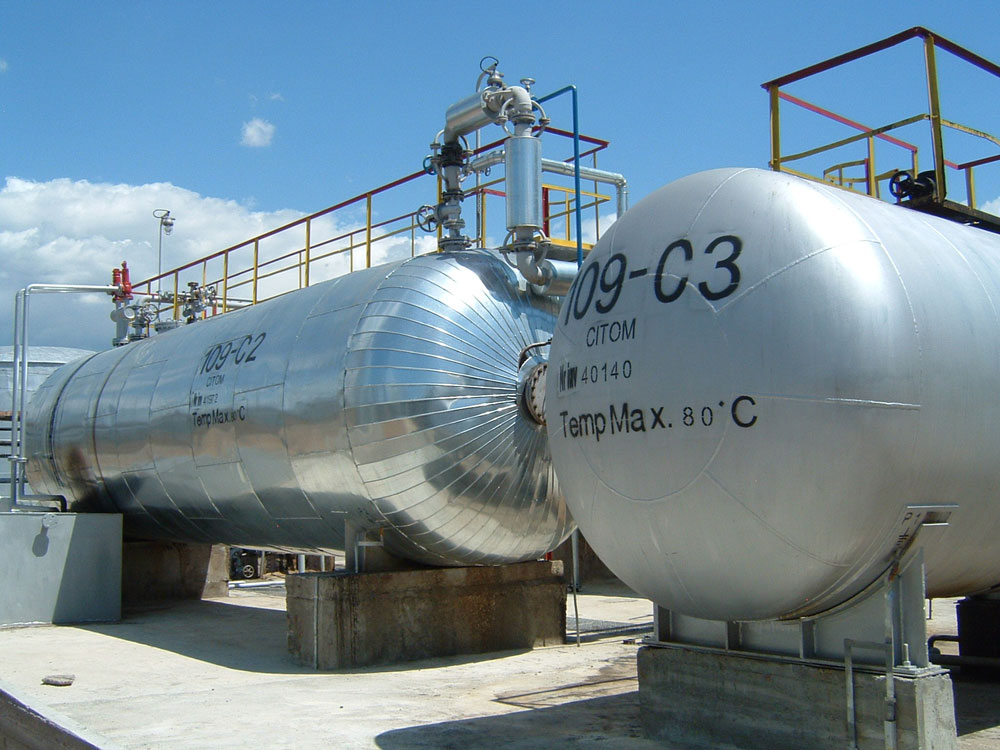
Growing production is supported by the polymer-modified bitumens plant, built in 2007, after the majority stake was taken over by KMG International, with an investment effort of over 7 million dollars. In the next period, KMG International intends to make additional investments in the bitumen production sector, given the growing demand for the absolutely necessary product in the development of road infrastructure at national level.
Currently, the refinery no longer processes crude oil, but only medium distillate products, from Petromidia Navodari. Thus, even though it is the smallest profile unit in the country, with an annual production capacity of approximately 400,000 tons, Vega Ploiesti exclusively develops products with high added value, such as hexane, special solvents, and bitumen.
The Vega Ploiesti refinery also makes considerable efforts in terms of environmental protection and limiting the impact of industrial activity. In 2019 alone, upgrades worth over 8 million dollars took place (new vapor recovery system, new incinerator for safe combustion of gases resulting from technological processes, replacement of the furnace in the Vacuum Distillation plant), with direct effect in decreasing the level of pollutants and the pressure on the environment.
At the same time, Rompetrol Rafinare carries out one of the largest ecological operations in the recent history of Romania: remedying the lagoons resulting from the refining activity of the last century. Upon completion of operations, the area will be renaturalized and monitored for 30 years.
About the Vega refinery
Vega Ploiesti was put into use in 1905, and Lazar Edeleanu was one of the first general managers of the refinery, a Romanian chemist who left his mark on the refining industry, by developing a process that bears his name and which consists in refining products with liquid sulphur dioxide as a selective solvent, which ensures the selective extraction of aromatic hydrocarbons, a process used for the first time in the world in the Vega refinery.
In 1916, during the First World War, the Vega refinery was set on fire, affecting important facilities and over 80% of the 50 tanks. After capital investments, Vega ends up being considered the second-best refinery out of a total of 46 existing in the country, in 1919.
The history of the longest-lived refinery in Romania also included an episode that slowed the development of the unit: the bombings of the Second World War, which affected approximately 90% of the refinery, considered at that time a strategic objective.
Following a major modernization carried out between 1955 and 1958, the refinery began to produce detergents, pharmaceutical Vaseline or special bitumens.
In 1999, the production unit in Ploiesti was privatized and bought by Rompetrol, a company that saved from extinction the refinery that was in liquidation procedure for about 8 months. Then, Rompetrol started an investment project, meant to refurbish the refinery. Development is constantly continuing after the takeover of the majority stake by the KMG International Group, which has increasingly focused on high value-added products.
One by one, the facilities in Vega Ploiesti were modernized to increase production capacity: the Hexan plant in 2011, the Vacuum Distillation plant in 2013 or the New Vapor Recovery plant in 2019.
Vega works in perfect synergy with the Petromidia – Navodari refinery, the largest in Romania and one of the most modern in the Black Sea region. Thus, Petromidia provides the entire refinery in Ploiesti with the raw materials/semi-finished products necessary to obtain special products with a high added value.


